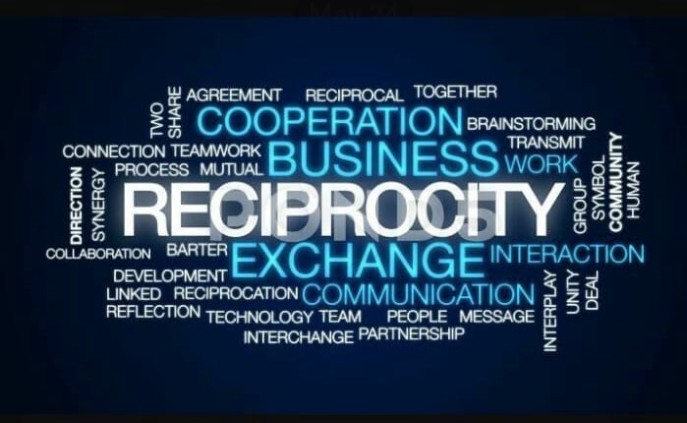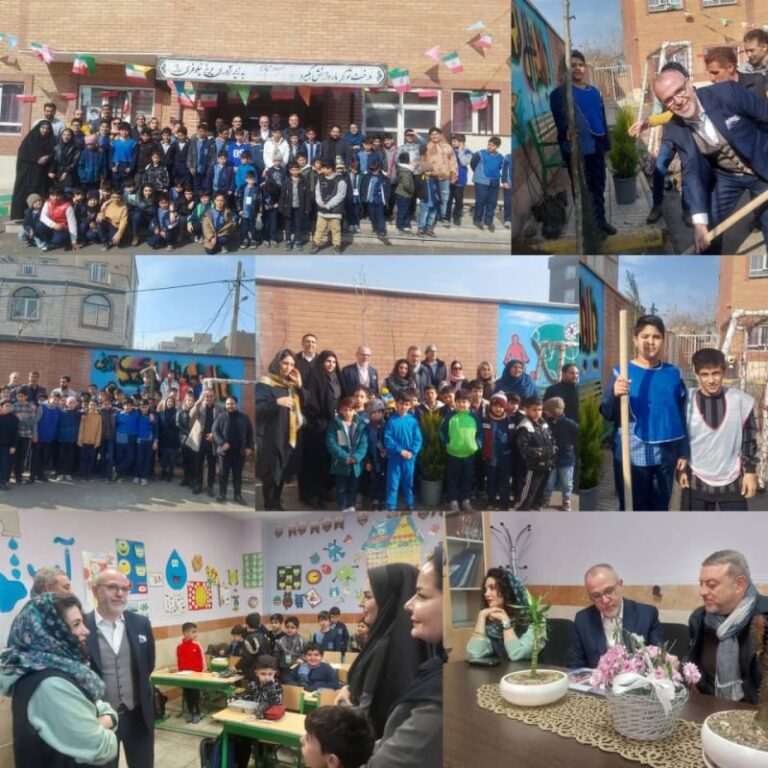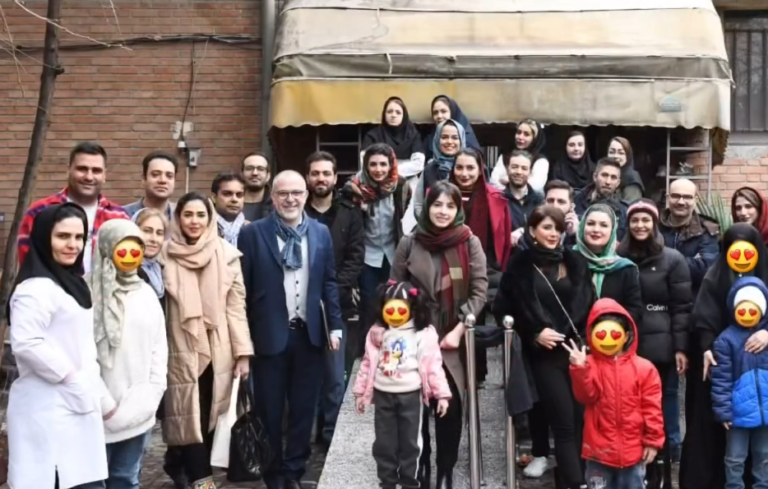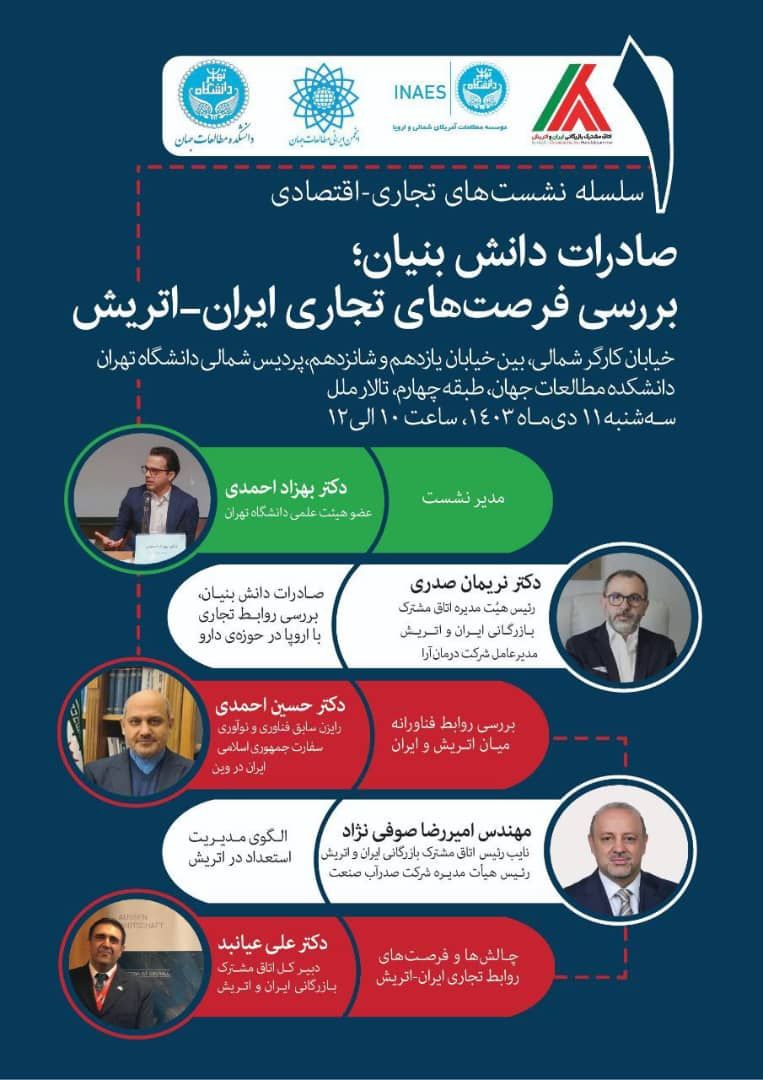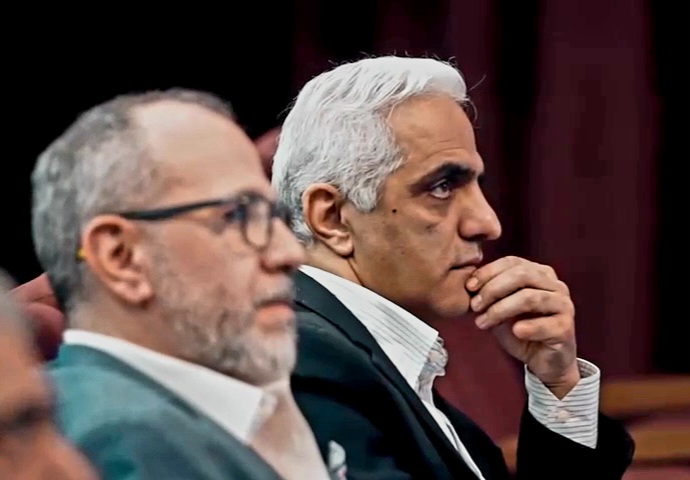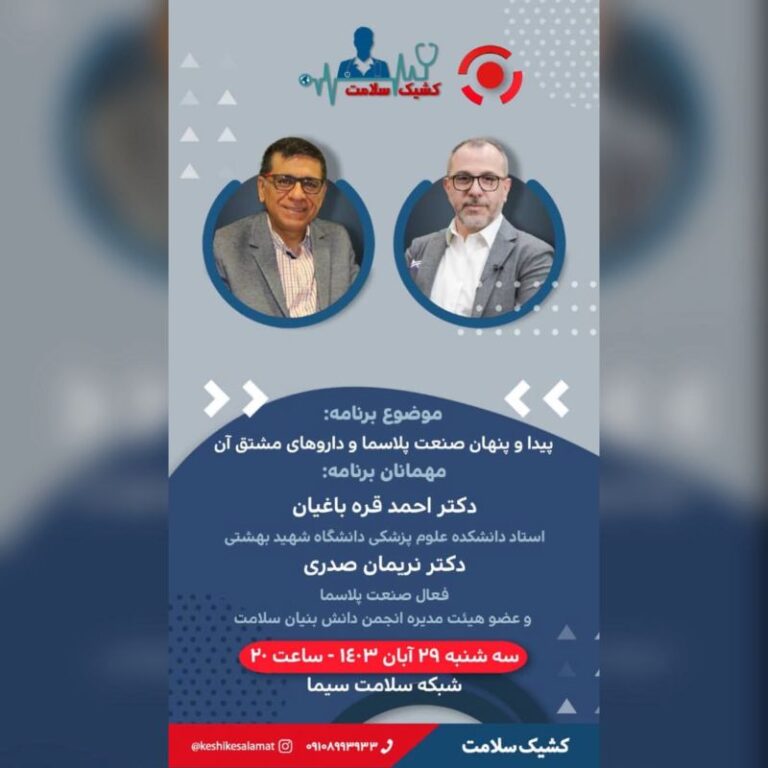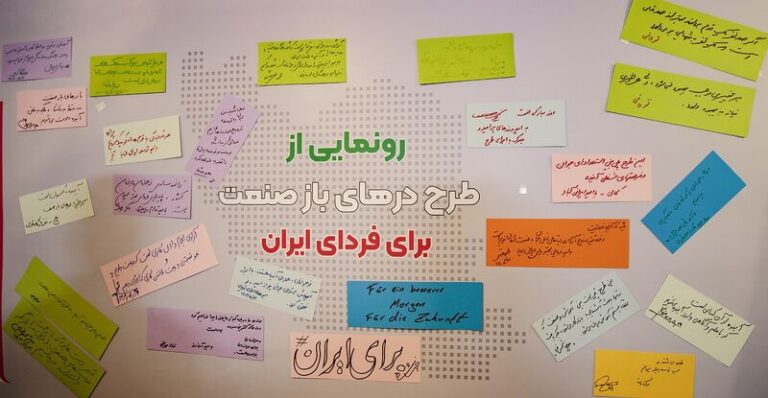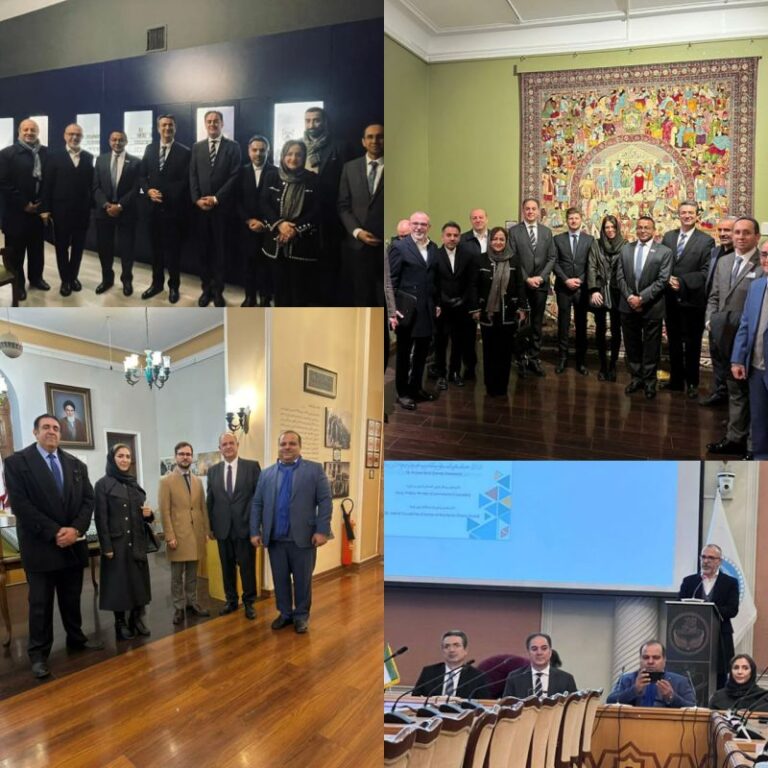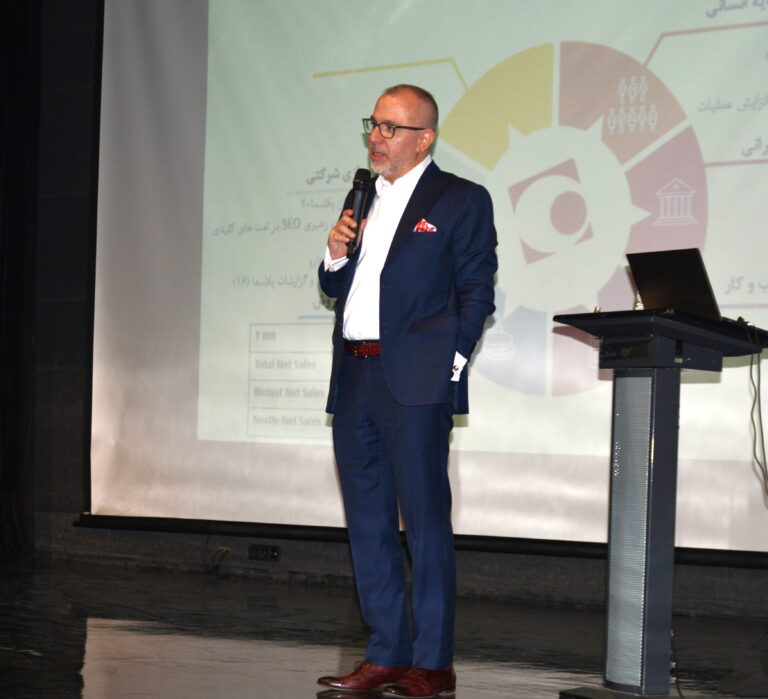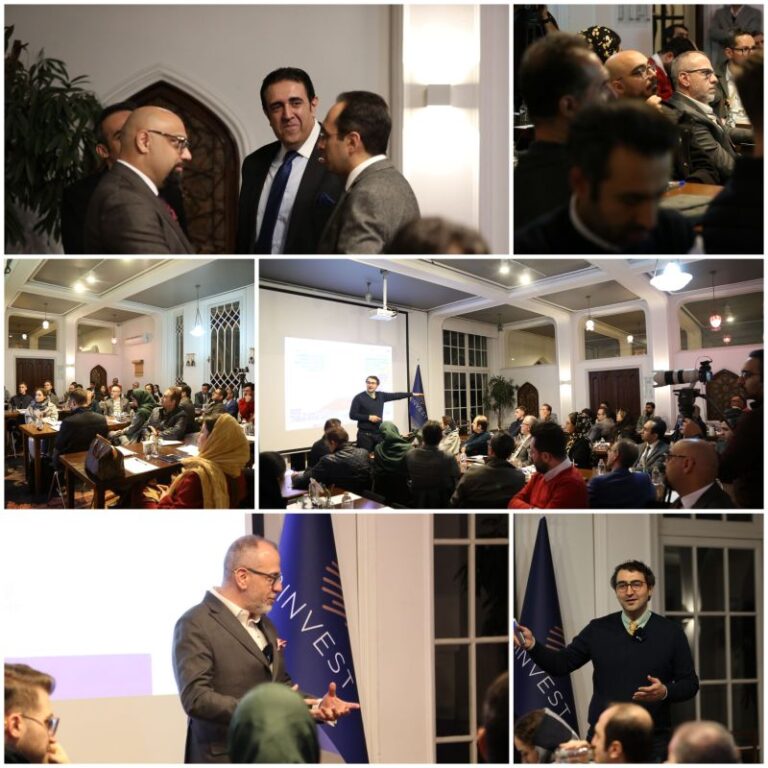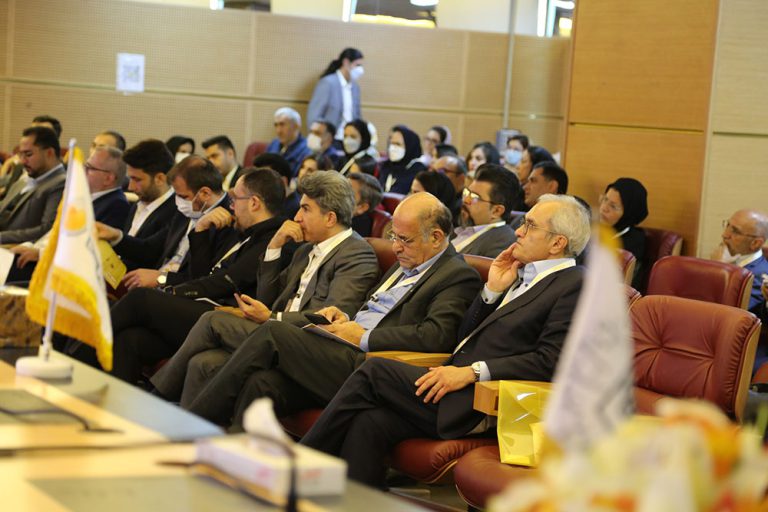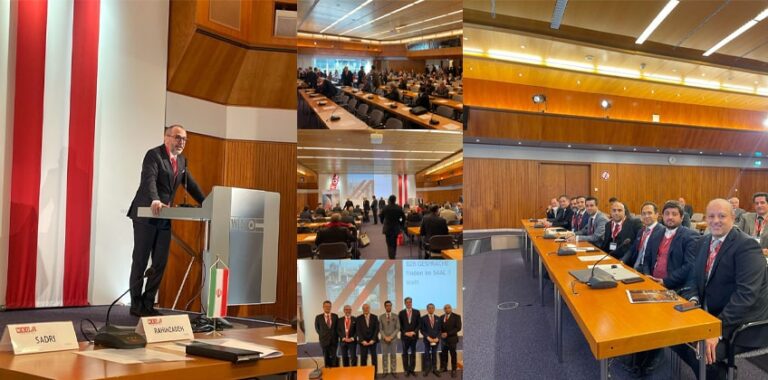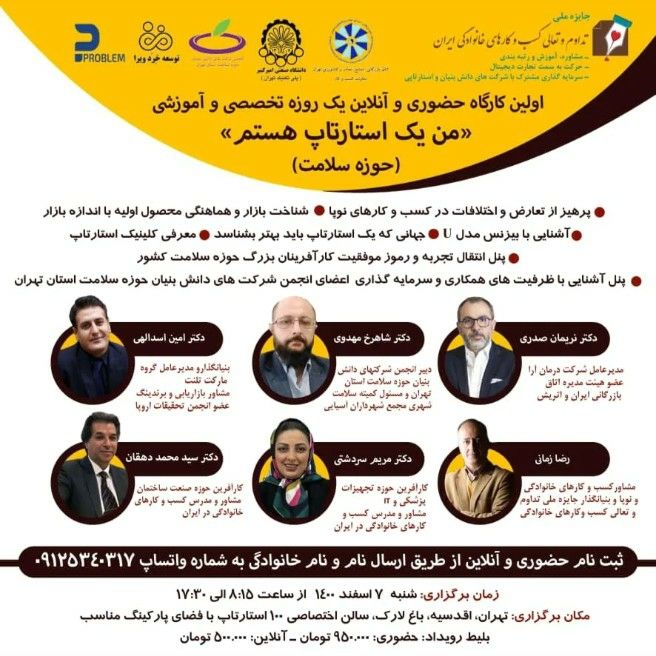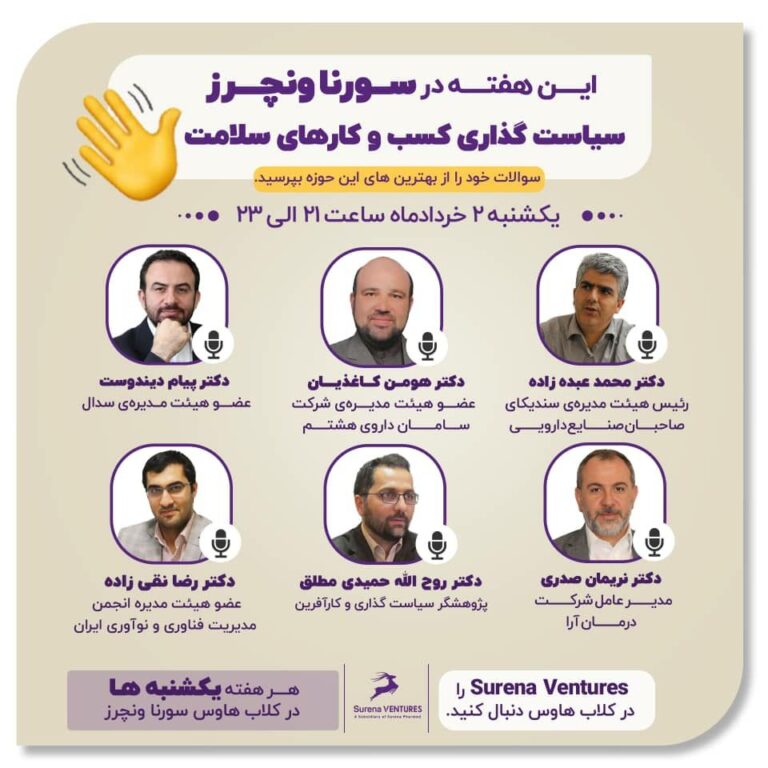Our ancestors learned to share food and skills within a network of respectful commitments. The law of reciprocity developed in early human societies, meaning that if someone does something good for you, you should make an effort to return the favor. This law has been crucial for our survival, ensuring that when we need help, we can receive it from others, and that we, in turn, help others in their time of need.
This law has great power, and sometimes, personal persuasion to do something that would otherwise seem impossible can occur by creating a sense of commitment to reciprocate, deeply embedded in the person’s unconscious mind. The law of reciprocity is widely applied in sales techniques. For example, offering a free sample of a new drink or cheese by a cheerful marketer in a supermarket not only introduces you to the quality of the product but also, by triggering a sense of reciprocity after receiving the free item, encourages you to make a purchase.
A mobile phone salesperson passionately explains the specifications of a new phone and spends a relatively long time with you. But even if you haven’t made your decision yet, they bring you a free phone cover in your preferred color, as a gift from the store. Immediately, the powerful energy of reciprocity is activated, and you are more likely to buy the phone.
I would like to share my personal experience with the law of reciprocity from two different perspectives.
First: Using it
You don’t necessarily need to have a detailed plan to benefit from the law of reciprocity; simply as a general principle, positive energy and goodwill help you stay safe from harm. During my medical service in the city of Bushehr, I was a young doctor from Tehran, a stranger who wasn’t trusted by the local staff. How could I gain the trust of the emergency department staff and become part of the team? The first few days were agonizing. It felt like they were testing me. My requests were either not fulfilled or were delayed. My patients had to wait a long time before they could get the services I requested from my colleagues. This couldn’t continue. At the end of one of my shifts, I decided to stay in the emergency department. I went to the nursing station and asked the supervisor if I could help the staff because I had no specific tasks, and it would help me become more familiar with their workflow. I set IVs, applied bandages, and did a lot of nursing tasks, gradually getting to know my colleagues better, and they had an extra helping hand on that busy day. By the end of the shift, I was invited to the staff break room, where we ate together and chatted. I was no longer the young doctor from Tehran in a freshly pressed shirt with a German collar; I was no longer a stranger, and from then on, I never worked alone during the humid days in Bushehr.
Second: Avoiding the Trap
In many cases, reciprocity is a beneficial social law that helps create a healthy cycle of helping others, but it can also be used to pressure you into doing something you initially didn’t want to do. Here are two ways to escape the psychological pressure of reciprocity:
- A. Wait it out : Psychologists have found that the pressure of reciprocity is highest right after you receive a favor, and if you wait a little while, that pressure decreases. A marketer offering me different types of pistachio butter explained the products enthusiastically, and I tasted them. They were delicious, but I already had a fixed breakfast and was satisfied with my current diet. In my mind, I was battling the thought, “Just buy it, don’t be so stingy. Maybe it will go well with toast,” knowing it would eventually expire and end up in the trash months later. Suddenly, I remembered a tactic from Robert Cialdini’s book and told the marketer, “I’m going to do some other shopping, and I’ll come back.” Ten minutes later, the pistachio butter pressure and the urge to buy had disappeared.
- B. Evaluate the value of the exchange: In many situations, the expected act of reciprocity carries a value much greater than the initial small favor. I’ve encountered this in real estate negotiations, where a small discount on a property that was initially overpriced is used to make the seller feel like they’ve done you a favor. For example, they may say, “Since you are such a respected doctor, we really want you to buy our property.” Or, sometimes they change the payment terms or add items of minimal value to the deal. I have learned to calculate the actual cash value of the deal, separate from the negotiations, at each moment, so I can ensure that the artificial value created by the reciprocity tactic doesn’t make the property seem more expensive than it is. You too can use this method of calculating the real cash value in your purchases, and I’m sure you’ll fall less into the trap of reciprocity.

